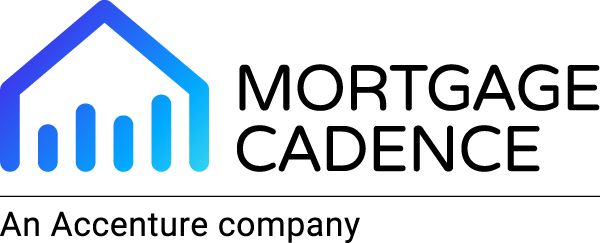How has the pandemic emphasized the opportunity for lenders to help agents build their businesses virtually today?
DENVER; Dec. 22, 2020 - 2020 has emphasized the opportunity for mortgage lenders to help agents build their businesses virtually in the post-pandemic world. While both the residential real estate and mortgage industries have been quick to recover from the global health crisis, the pandemic's impacts on how the rising generation of real estate agents learn and develop their businesses have staying power. First, let's remind ourselves how we got here.
In 2010, when the US housing industry was in the midst of the foreclosure crisis and fighting its way out of the Great Recession, real estate was a $100 billion business. What a difference a decade makes. Today, as we work through a new global health crisis, real estate is a $163 billion business. Of all of the industries impacted by the pandemic, residential real estate and the mortgage industry that provides it liquidity have been among the quickest to recover.
This fact speaks volumes about the resilience of the people working in real estate today. These professionals, you, me and our colleagues, know how to adapt to unpredictable changes and be nimble during uncertainty.
But what about the next generation of real estate sales professionals? Today’s leading agents and brokers built their businesses in a much different time. Much about how the incoming generation of professionals are developing their businesses will be different.
Learning the old school real estate business
When many who are now in senior management first entered the real estate business, it was a matter of going to school. By that I mean literally getting off of work at their day job, getting in the car and driving to night school where a professor would introduce them to the real estate industry.
Today, according to the real estate education industry, most state real estate commissions allow at least part of their agents’ continuing education (CE) requirements to be completed online, which accounts for roughly 55% of all continuing education coursework consumed today.
We’re not just talking about CE credits. In August, a group of five real estate schools announced that due to the pandemic they would begin conducting video conferencing pre-licensing real estate courses for salesperson and brokers.
While online education has proven very beneficial for many students who could not otherwise attend school, real estate sales is a very hands-on occupation, however, the pre-pandemic norm of face-to-face interaction with a live instructor provided a great testing ground for a student’s aptitude. How will online-only education impact future generations of real estate professionals? Time will tell.
Building a real estate business virtually
Just a few years ago, a newly licensed real estate agent was required to hit the floor at a real estate sales company, helping people who came in off the street planning to sell their homes or buy new ones. As the new agents worked side-by-side with experienced agents in the traditional office setting, they learned quickly by tapping into the benefits of in-person experiences and feedback from these mentors. In a few short years, they were ready to go back to school to get their broker’s license.
Those first few years don’t pass quickly. New agents spent a lot of time on the floor, putting in long hours to build their networks, harvest new referrals and get great at what they do. Many who failed did so because they think building a real estate business doesn’t take a lot of time, but it does.
Or, it did. It may take even longer for the next generation of real estate sales professionals because, some may argue, relationships that are born online have the potential to be more tenuous and take longer to build than those forged in-person. In fact, the networks that real estate agents need to earn new business are built on relationships made and maintained with face-to-face contact.
This is a real challenge. Fewer real estate companies are opening branch offices that offer new agents floor time. Online lead generation is costing agents those business building opportunities.
Consumers are embracing this. In July of 2020, a Redfin survey of homebuyers revealed that 45% had made a bid on a home without first seeing it in person. That was up from 28% in 2019. How will future real estate agents establish themselves in the business? Mostly likely by partnering more closely with other business referral partners who can help them become the source of information that future home sellers and buyers need. One of those partners will be the mortgage lender.
To learn how we enable lenders to help agents build their businesses, contact us today to schedule a live, tailored demo of the new Mortgage Cadence Platform (MCP).
By Joe Camerieri, EVP, Client Account Management at Mortgage Cadence
Want more?
Follow us on LinkedIn to be notified when our next article is released.
Media Contacts
Mortgage Cadence:
Megan Martin
EVP, Marketing
(516) 480-6765
megan.c.martin@mortgagecadence.com



